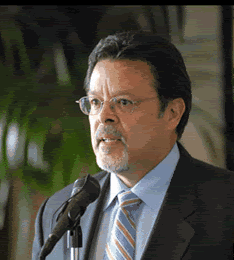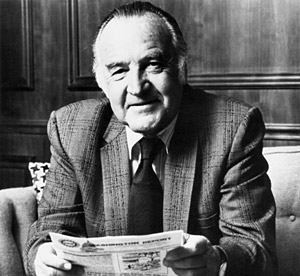Latinos Driving Growth in U.S.
Tony Castro
Staff Writer - Los Angeles Daily News
October 24, 2008
In a historic change with political and cultural implications for the nation's largest minority group, a baby boom has helped Hispanics account for just over half of the overall population growth in the United States since 2000, according to a report released Thursday.
Different from the past, the nation's Latino population growth in this decade has been more a product of birthrate than immigration, according to the report from the Pew Hispanic Center.
Since 2000, the nation's Latino population has increased by 10.2 million - 6 million from births in the United States and 4.2 million from immigration.
"What we are now seeing is the secondary impacts of Hispanic international migration from the '80s and '90s," said Richard Fry, a senior research associate at the center, a nonpartisan research group based in Washington, D.C. "Now fertility - natural increase - is driving Hispanic growth."
Los Angeles and the San Fernando Valley are a microcosm of the phenomenon, with heavy immigration waves in the 1980s and 1990s leading to more American-born Latino children, Fry said.
Overall, the nation's Latino population has grown by nearly 30 percent, from about 35 million in 2000 to about 45 million in 2007, according to the Pew report. By comparison, the non-Hispanic U.S. population grew just 4 percent over the same period.
Los Angeles County, where the Latino population has increased by about 435,000 so far this decade, ranked first in the nation in Hispanic population, according to the report.
The Latino population growth so far this century is just a small part of the coming population explosion, demographers say.
California Budget Project researchers estimate that the state's Hispanic population will increase by 65 percent in the next 12 years while its non-Hispanic white population will grow by only 2.3 percent.
In California especially, the Latino population growth could change political power in electing more Hispanics and driving changes in public policy.
Already, U.S.-born children of Latino immigrants in the 1980s and 1990s are influencing change.
"There is a very large, young Hispanic second generation, and these are kids who were born to immigrants in the 1980s and '90s," Fry said. "In terms of California politics, now that these kids are all 18 and they can vote, I think about how they are going to influence the outcome in California."
Jaime Regalado, director of the Edmund G. "Pat" Brown Institute at California State University, Los Angeles, agrees.
"What that means is that there is going to be an increasing demand on ramping up for a fair share and a far more level playing field virtually across the board," he said. "We've heard that in politics. We've heard that in higher education (and) in K-12, making the schools more balanced, parallel and equal.
"But we're going to be increasingly hearing that as well in business and economic pursuits, whether it's small business, whether it's hiring by corporations or in foundations, whether it's in the leadership of the labor movement."
Read more.


